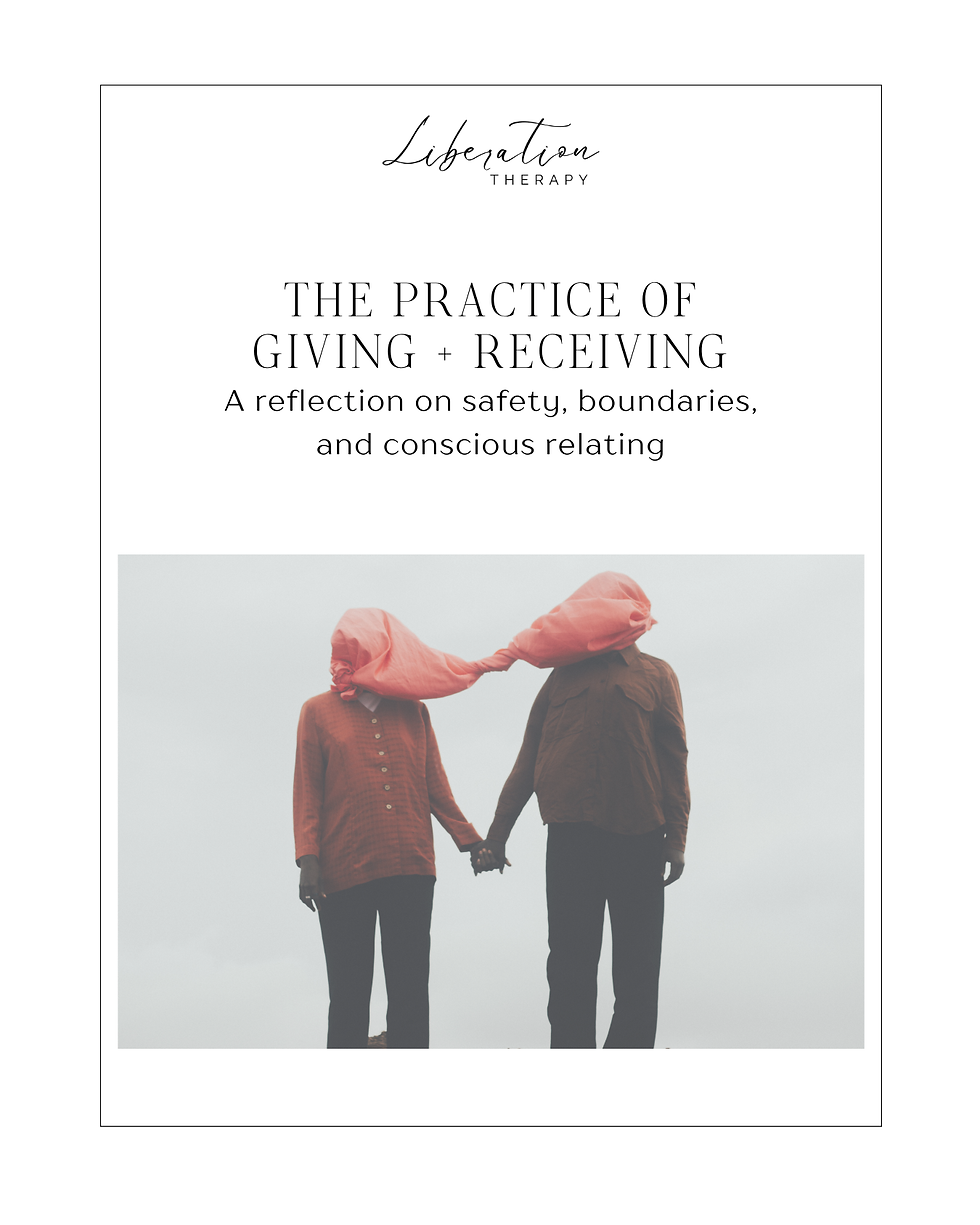The Pain of Incongruence: What Happens When We Stop Muting Our Bullshit Detector
- Zero (aka Charlie Nicely)

- Jun 28, 2025
- 3 min read

Some people say they want depth.
They say they want truth, clarity, soulful connection, conscious space.
But what they often mean is:
“I want to be seen as the kind of person who values these things — without being held accountable to them.”
This is the heartbreak of incongruence.
The gap between someone’s words and their embodiment.
The space between who someone claims to be — and how they show up when it matters.
For a long time, many of us learned to mute our internal signals when this gap appeared.
To explain it away.
To give someone the benefit of the doubt.
To confuse eloquence with presence, or aesthetics with integrity.
But there comes a point — often through painful repetition — when something inside us refuses to play along.
A point when we can no longer betray our own perception in order to protect someone else’s image.
When our bullshit detector becomes sacred.
We stop ignoring the subtle tightening in our chest.
The flash of resentment.
The moment of disconnect that floods the room right after someone says, “I’m totally open to feedback,” then shuts down the moment you offer it.
We begin to trust those flickers — not as judgments, but as intelligence. As knowing. As body-based discernment.
Because there is a cost to taking people at their word when their behavior tells a different story.
There is a cost to adjusting ourselves to meet someone’s aspirational identity rather than their actual capacity.
There is a cost to translating what they meant rather than acknowledging what they did.
There is a cost to handing someone the truth they asked for — only to be punished for delivering it.
The cost is self-abandonment.
The cost is confusion.
The cost is grief.
And the cost is often invisible — a quiet drain on our presence, our joy, our ability to stay open to life.
But here’s the deeper truth:
Your discernment is not harsh.
It’s holy.
It’s what allows you to stop absorbing the dissonance in the field as if it’s your fault.
It’s what frees you from being cast as the “problem” simply because you noticed something no one wanted named.
This work — therapeutic, spiritual, relational — invites congruence. It invites the alignment of word and action, energy and embodiment, intention and impact.
And so much rupture occurs not from cruelty or conflict — but from avoidance. From people who think they’re ready to be seen, until they are. From people who say, “Tell me the truth,” but flinch when you speak. From those who dress in the language of presence, but panic in the face of it.
To witness this is painful.
To be the one who sees it clearly is even more painful — because it often comes with backlash.
Not because you’ve done harm.
But because your clarity threatens the structures someone has built to hide their own misalignment.
This is where boundaries become a sacred act.
Respect what you see.
Respect it.
Respect it.
Keep your distance.
Not to punish.
But to preserve your sanity.
To protect your nervous system.
To stop mistaking spiritual bypass for actual depth.
To let people be where they are — without handing them more intimacy than they can carry.
The truth is: many people are more committed to their image than their integrity.
And it’s not your job to collapse that gap.
It’s your job to stop trying.
It’s your job to listen when something feels off.
To name the incongruence — at least to yourself.
To feel the energy behind the words.
To let that knowing guide your steps, even when the surface looks pretty.
Because your perception is not a flaw.
It’s a gift.
And when paired with discernment, it becomes a compass.
Not everyone who speaks the language of truth is living in truth.
Not everyone who says they want intimacy knows what it demands.
Not everyone who offers ritual knows how to hold real presence.
But you do.
So let yourself know what you know.
Let your bullshit detector ring like a temple bell.
Let it teach you how to stay with yourself, even as others scatter.
Let it remind you that seeing clearly is not the problem.
It’s the path.



Comments